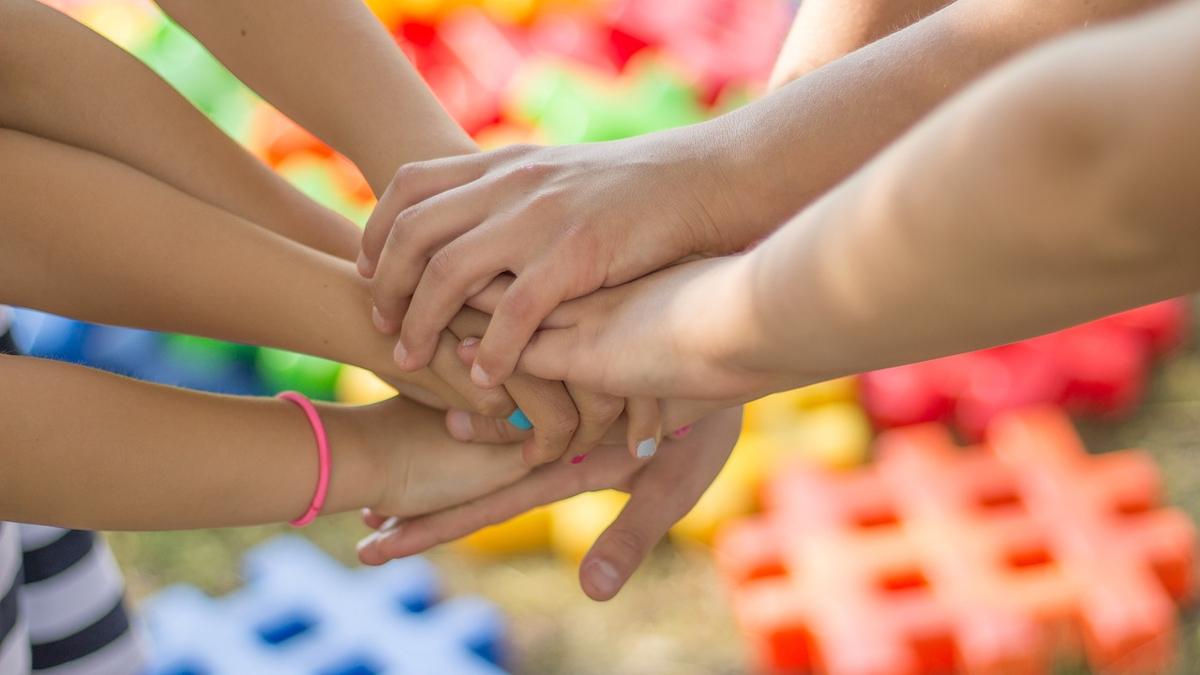Irish study promises to revolutionise childhood cancer care

A five-year genomics study that aims to transform the care of children with cancer and improve treatment success has launched in Ireland.
The MAGIC-I (Molecular and Genomic Interrogation of Childhood Cancer – Ireland) study will try to enhance understanding of how and why cancer develops, and will explore the factors that mean treatment outcomes and side effects vary between patients.
The ultimate objective is to support earlier diagnosis and deliver personalised treatments for patients, according to the team behind the study, which is being led by scientists from University College Dublin (UCD).
It could explain why some patients fail to respond to initial treatment, relapse later, or experience severe toxicities leading to injury, secondary illnesses, and secondary cancers, according to principal investigator Professor Owen Smith.
"The rollout of MAGIC-I will allow the clinical implementation of sequence-based approaches for more precise diagnosis and management of cancers that will ultimately translate into better outcomes for patients," he said.
According to its backers, MAGIC-I is Ireland's first clinical study of its type in cancer care and will harness "the power of genetics, genomics, and big data" with deep genomic analysis for all children and adolescents with cancer in the country, including those who experience disease relapse despite treatment.
Colm Henry, chief clinical officer of Ireland's Health Service Executive (HSE), described the study as a "significant milestone in Irish cancer care" and a "great example for the vision of introducing genome sequencing and accompanying research into clinical care."
MAGIC-I has been developed in collaboration between Systems Biology Ireland (SBI) and Children's Health Ireland, in partnership with Precision Oncology Ireland and industry collaborators, including DNA sequencing technology giant Illumina.
The experience of mum-of-four Noreen Doyle, who has been through leukaemia diagnoses with two of her children, at ages two and six, gives an example of the power of the knowledge that could be generated through the study.
Her younger child, who was diagnosed with the same life-threatening disease as her brother, was able to be treated with a smaller dose of chemo because of the greater understanding of disease behaviour and the treatment response in her sibling.
"This is why it is so important to advance precision and personalised approaches to cancer diagnosis and treatment, so the day that diagnosis comes families have the comfort of knowing their child will get not only the most effective care, but also treatment that minimises the side effects and risks," she said at the launch event for the study.
Image by Michal Jarmoluk from Pixabay











